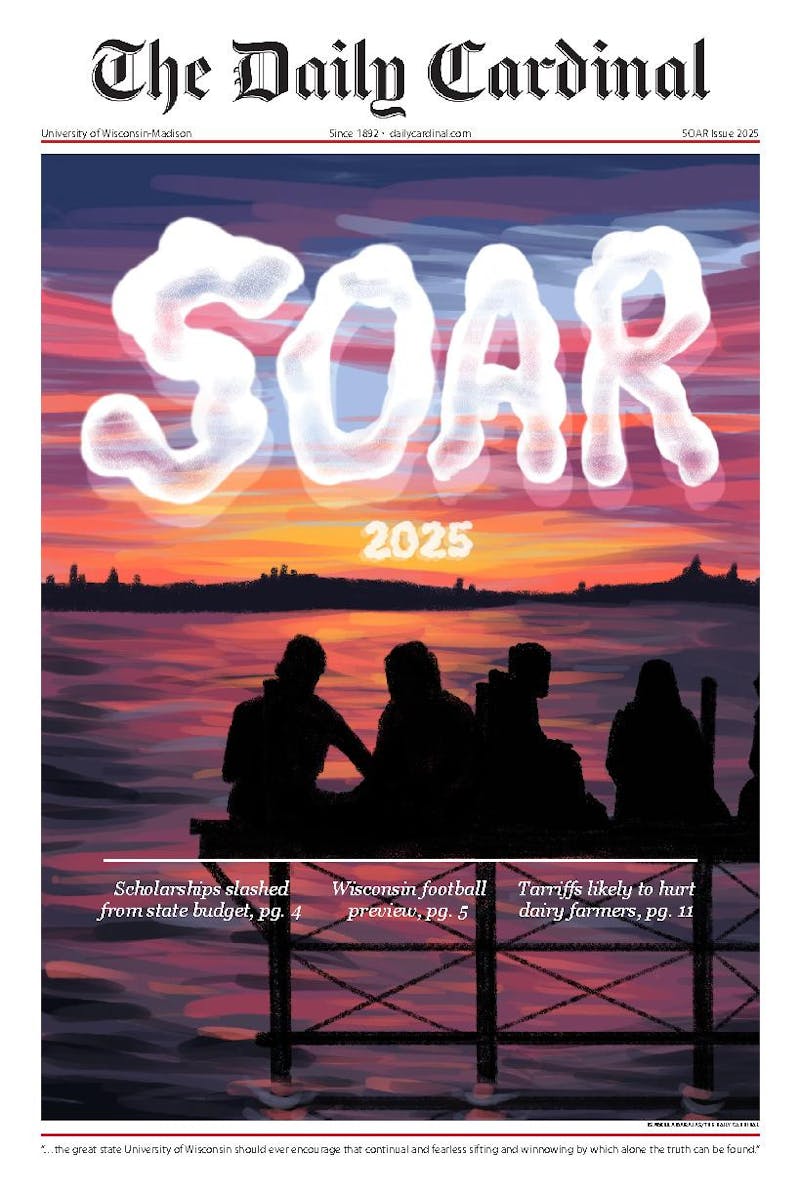The University of Wisconsin System faces significant financial and structural decisions following the release of its 2024 review Monday that highlights ongoing budgetary struggles and governance debates.
Recommendations by a legislative committee looking into the future of the state’s public university system, to separate UW-Madison from other campuses and a contentious budget request display the challenges of balancing fiscal responsibility with educational equity. Legislative leaders remain divided on the path forward, signaling a critical juncture for Wisconsin’s higher education landscape.
Earlier this year, UW System leaders requested $855 million in state funding for the 2025-27 biennium, noting that Wisconsin ranks 43rd in state funding for its public universities. The proposed funding aims to address rising operational costs, staff wage increases and initiatives supporting mental health and academic services.
Legislators including Rep. Amanda Nedweski, R-Pleasant Prairie, have dismissed the request as unrealistic, pointing to Wisconsin’s higher investments in the state’s technical colleges as a mitigating factor.
Among the most contentious recommendations is the potential separation of UW-Madison from the rest of the UW System. Advocate, Nedweski, argues that creating distinct governance structures could address enrollment declines and financial deficits at regional campuses while allowing Madison to leverage its unique strengths independently.
Critics, including UW Madison Chancellor Jennifer Mnookin and Gov. Tony Evers, however, warn that such a move could exacerbate inequities across the system and undermine the collective identity of Wisconsin’s public universities.
Budget negotiations are further complicated by political battles over UW System diversity, equity and inclusion (DEI) positions. A recent deal between the UW System and Republican legislators sought to eliminate DEI programming while releasing previously withheld pay raises and funding key infrastructure projects, including a new engineering building at UW-Madison.
However, this compromise has drawn criticism from both sides, with Republicans pushing for further DEI cuts and Democrats defending the system’s inclusivity initiatives.
Assembly Speaker Robin Vos, R-Rochester, has been a central figure in these debates, advocating for ideological reforms at the state’s public universities. Last week, Vos responded to the UW System budget request saying that it was likely a nonstarter, despite UW System’s President Jay Rothman agreeing to Republican demands regarding DEI programming.
Vos did not respond for a comment.
With Wisconsin’s $4 billion budget surplus, stakeholders remain divided on how best to allocate resources to balance the system’s immediate needs with long-term stability.
Alaina Walsh is the associate news editor for The Daily Cardinal. She has covered breaking news on city crimes and a variety of state and campus stories, including the 2024 presidential election and the UW-Madison budget.






